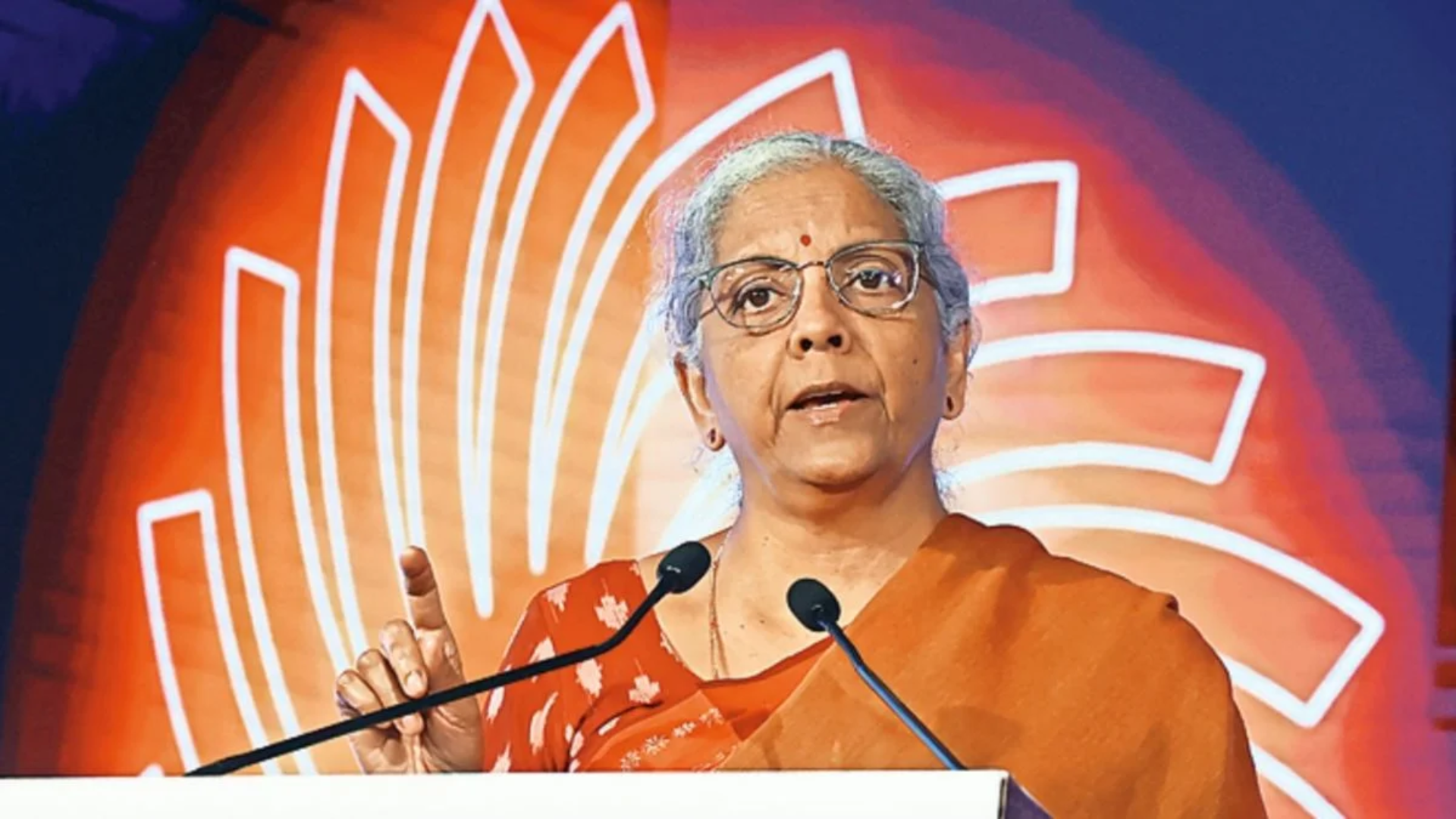Finance Minister Nirmala Sitharaman has engaged in a war of words with the Congress party, defending the fiscal performance of the BJP-led government in response to criticism leveled by the opposition. Sitharaman took to social media platform X to counter the Congress’s economic allegations, challenging Rahul Gandhi to address pertinent questions regarding the opposition’s manifesto promises and the performance of the Congress-led UPA government.
In a series of extensive posts, Sitharaman emphasized the robust fiscal management of the BJP-led government, highlighting a five-fold increase in capital expenditure from FY14 to FY24. Accusing the Congress of misleading the nation on fiscal matters, Sitharaman criticized the opposition for making promises that she deemed non-transparent and disconnected from reality.
Drawing comparisons between the debt ratios during the UPA and BJP-led governments, Sitharaman underscored India’s relatively favorable position, maintaining a government debt ratio below that of various other economies. She highlighted the challenges faced by numerous countries grappling with high debt levels, emphasizing India’s comparatively stable fiscal standing.
Questioning the feasibility of Congress’s manifesto promises, Sitharaman pressed Rahul Gandhi to elucidate the fiscal implications of the proposed schemes. She challenged the opposition leader to clarify how the Congress intends to fund its ambitious schemes without resorting to substantial borrowing or tax hikes.
Sitharaman defended the BJP-led government’s fiscal record, citing a lower increase in Central Government Debt between FY14 and FY24 compared to the UPA era, despite the adverse impact of the COVID-19 pandemic. She outlined the government’s efforts towards fiscal consolidation post-pandemic, highlighting a reduction in the fiscal deficit from FY20-21 to FY23-24.
Addressing concerns raised during the UPA regime, Sitharaman accused the Congress-led government of resorting to “window dressing” to conceal high fiscal deficits. She criticized the UPA’s budgeting practices, citing instances of off-budget borrowings and policy paralysis, which she claimed hindered crucial sectors like defense and national security.
Sitharaman lauded the BJP-led government’s targeted relief measures for the poor, increased capital expenditure, and enhanced transparency in budgeting practices. She highlighted the significant rise in budgeted capital expenditure from FY14 to FY24 and emphasized the benefits of Direct Benefit Transfer (DBT) in curbing leakages and corruption.
In her comparative analysis with other Low and Middle-Income Countries (LMICs), Sitharaman highlighted India’s robust external debt scenario, citing a lower proportion of short-term debt as a favorable indicator. She concluded by reiterating the BJP government’s commitment to fiscal prudence and economic stability amidst challenging circumstances.
Also read: Can Narendra Modi Become The PM Again? Is The Retirement Rule In BJP Valid For Him?

















